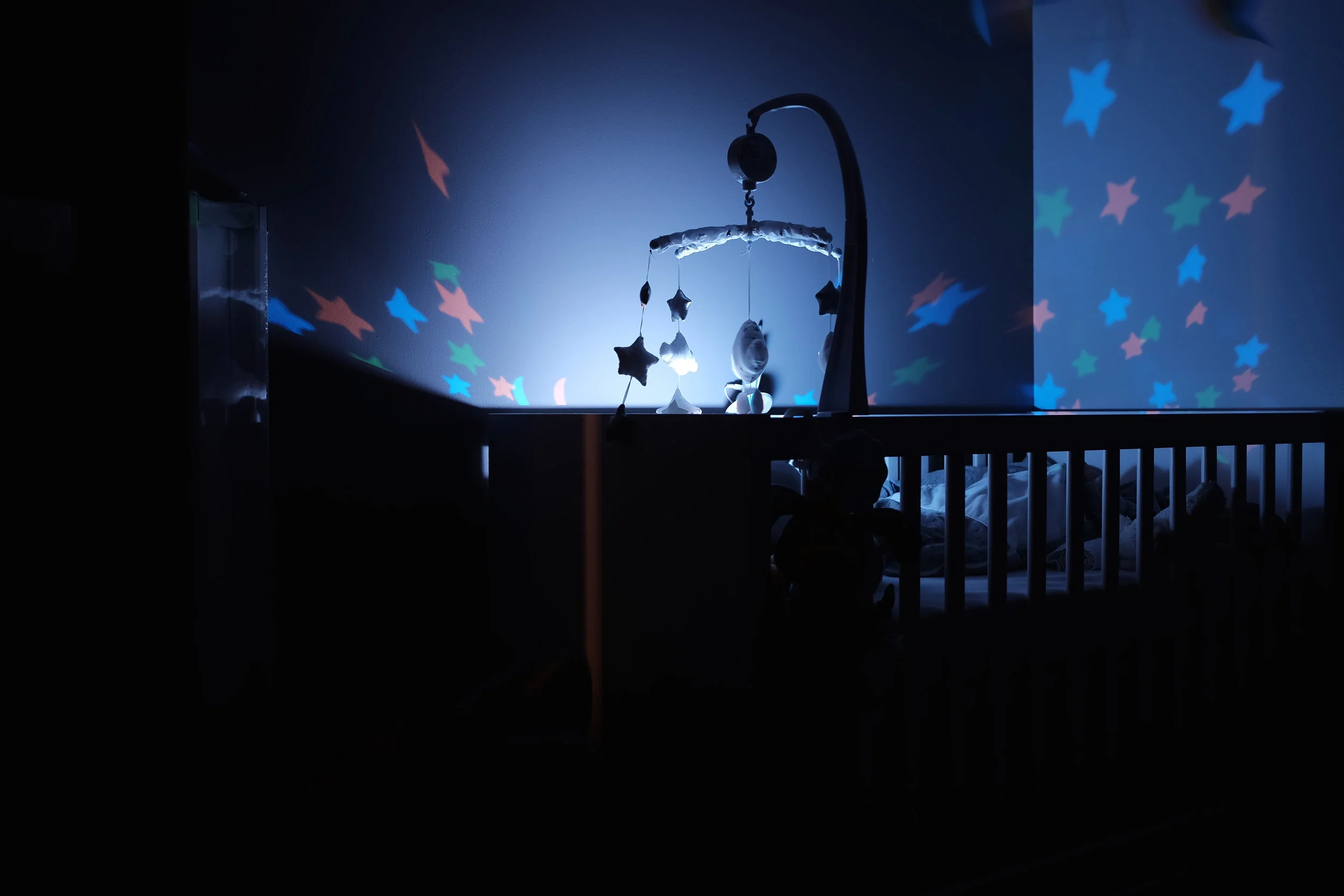I pray you had a blessed Thanksgiving. I hope your heart entered into this past week with a spirit of gratitude and that your time with friends, family, and God only heightened that gratitude.
No one wants to walk in ingratitude, and yet gratitude can be so quickly snatched from us.
What destroys thanksgiving? There are many threats: envy, pride, and selfishness. But one sneaky snatcher of gratitude is injustice. When the earth quake with injustice, its tremors rattle our hearts and our trust.
When we experience injustice, questions swirl: Why would God allow this wrong to happen? Doesn’t God care about me? Won’t the wrongdoer be punished? Won’t the victim receive restitution?
Our hearts cry out: but why God? When the solid ground beneath us breaks in the earthquake of injustice, we can be left feeling uncertain, shaken, and fearful. In this broken soil, gratitude can slip away.
When the people of Nineveh repent and God forgives them, Jonah is dismayed. How could a just God let the Ninevites off the hook? They were a city of “unceasing evil” (Nah. 3:19), filled with violence, cruelty, sexual debauchery, and idolatry. Jonah is indignant.











